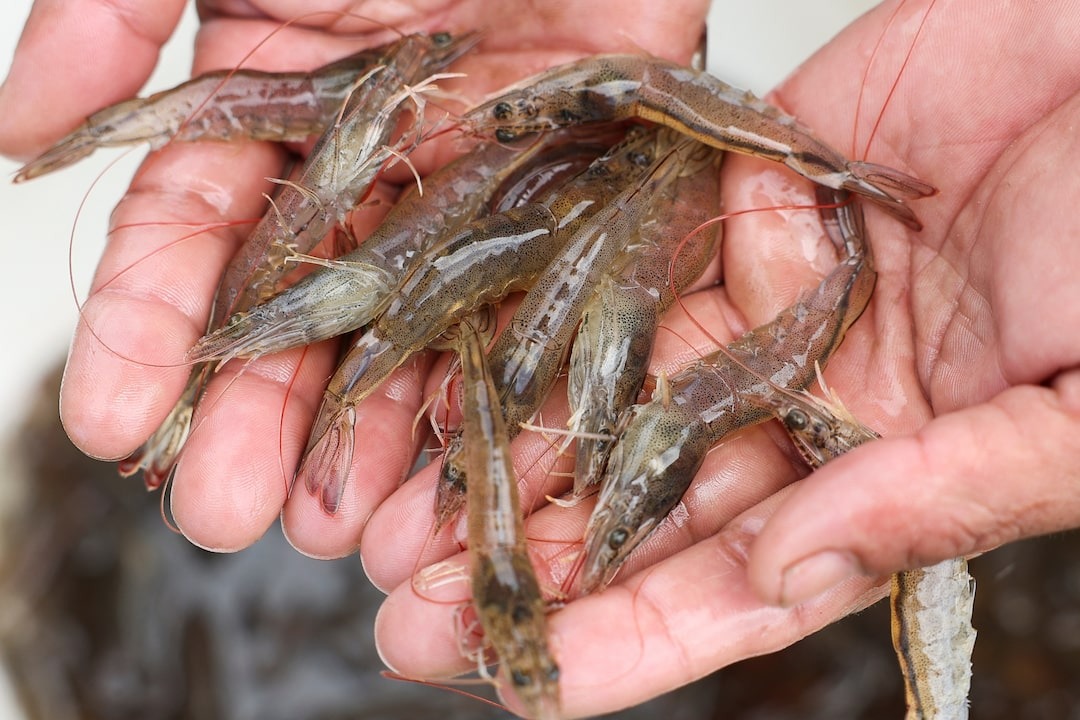On Java Island, Indonesia, Denny Leonardo planned to add 100 new shrimp ponds to his existing 150 this year. However, former President Donald Trump’s import tariffs have forced him to reconsider. The agreement imposed a 19% tariff on Indonesian goods entering the US, effective 7/8/2024. While lower than the initially proposed 32%, the new tariff still impacts Leonardo's business.
"Everyone is looking for new opportunities to diversify and reduce reliance on the US market," Leonardo said.
 |
Shrimp at a farm in Banten, Indonesia. Photo: Reuters |
Shrimp at a farm in Banten, Indonesia. Photo: Reuters
The US is currently the largest market for Indonesian shrimp, accounting for 60% of the country's shrimp exports last year. Andi Tamsil, chairman of the Shrimp Club Indonesia (SCI), estimates the 19% tariff could reduce total exports this year by 30% compared to last year, threatening the livelihoods of 1 million people.
Even if an agreement is reached, American consumption of Indonesian shrimp could decrease. Budhi Wibowo, chairman of the Indonesian Fishery Products Processing and Marketing Association (AP5I), noted that the new tariff puts Indonesia at a disadvantage compared to Ecuador, the world's largest shrimp producer, which currently faces only a 15% tariff on exports to the US.
China is the world's largest shrimp importer by volume. However, Indonesians have preferred the US market due to higher prices, Wibowo explained.
Before the US tariffs, China purchased only 2% of Indonesia's seafood annually. Now, the industry must increase efforts to promote its products to Chinese buyers.
In June, Tamsil led a delegation of industry representatives to Guangzhou, China, to meet with importers, restaurant owners, and agricultural platforms. More trips are planned.
"The opportunity in China is huge. This market imports about 1 million tons of shrimp each year. We only need to capture 20% of that market share," Tamsil said.
In addition to shrimp, Indonesian fish exports are also targeting the Chinese market. Minister of Maritime Affairs and Fisheries Sakti Wahyu Trenggono informed the Indonesian House of Representatives on 7/7 that exports to Japan and China will be boosted to mitigate the impact of import tariffs on the country's seafood industry.
Wibowo suggested that Indonesia could also diversify exports to the Middle East, South Korea, Taiwan, and the European Union (EU). Indonesia is currently working towards a free trade agreement (FTA) with the EU.
Leonardo is confident that his shrimp farm can overcome the US tariff challenge. However, expansion plans may not progress as quickly as he had hoped. "I'm optimistic my company can survive because supply and demand still exist. But the growth outlook isn't as bright," he stated.
Ha Thu (Reuters)












